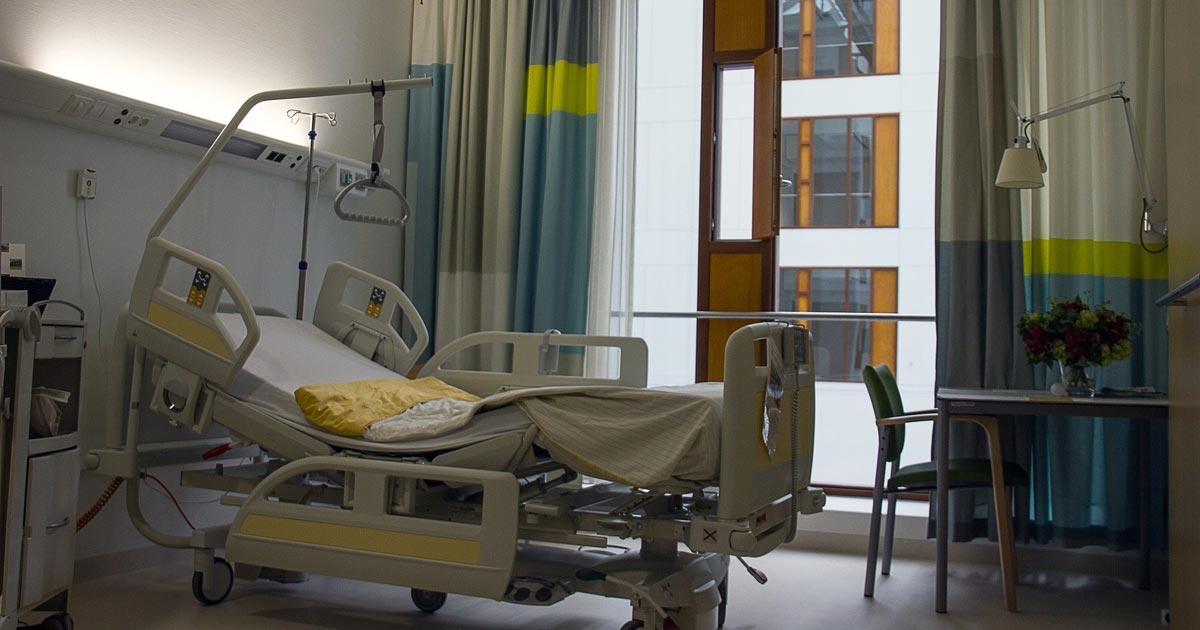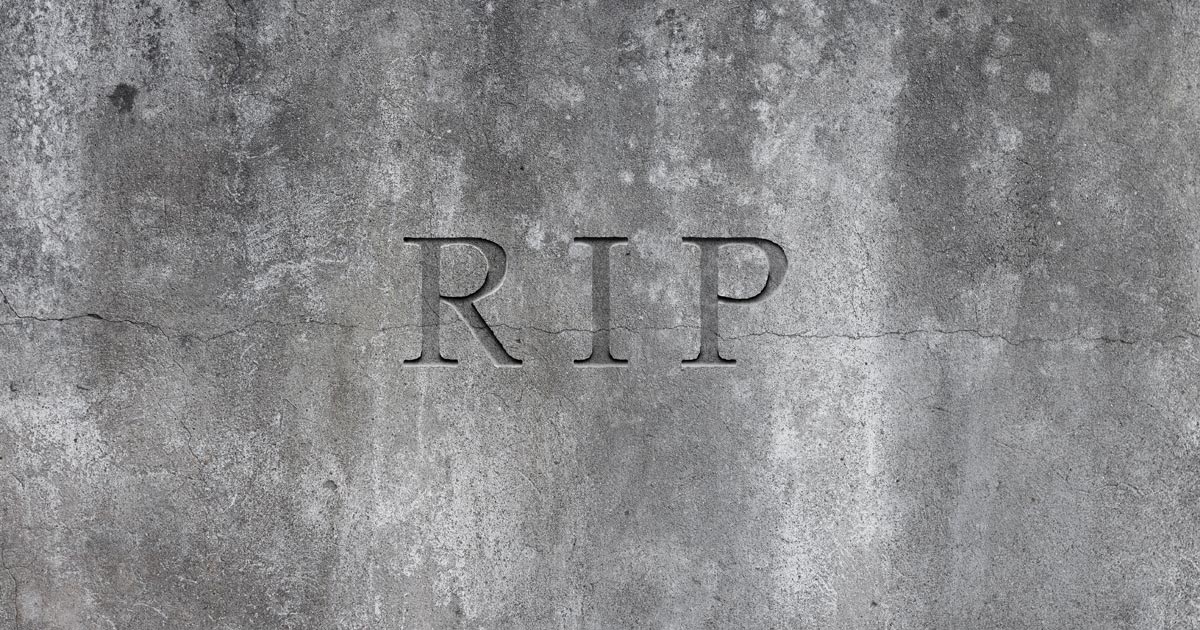My father-in-law was the type of gentleman they don’t make any more. He was a far calmer, kinder, friendlier and gentler man than it is within my nature to be.
Although he was her stepfather, he was far more of a dad to my wife than the previous incumbent. He was the kind of grandfather to my children that Roald Dahl would have loved; he was their entertainer and he was their friend.
He was admitted to hospital three weeks ago and he died in the intensive care unit.
It was extremely fast, by the standards of such things, and it is still very raw and very strange. Here are some jumbled thoughts from the place I am right now.
A broken system
I love the concept and the ideal of the NHS to my core, and will defend it with everything that I can, but it is sorely underfunded and, as far as I can see, broken and confusing at the point of need.
The system is crying (shouting) out for want of a generalist, or at least, a communicator – someone capable of drawing together the disparate departments, piecing together the patient’s clinical signs, their history, and various results from imaging, microbiology and clinical pathology.
My father-in-law had an MRI, a CT scan, multiple blood samples and disease screens, multiple radiographs and bacteriology – all with almost no discussion with the family about a diagnostic plan, differential diagnoses or even some vague idea as to what the clinicians thought was happening.

Alien diagnostics
In practice, if a patient of mine had received tens of thousands of pounds worth of diagnostics, I would have spent hours with the owners, discussing every step, the point of every test and what my plan was when I got the results back. The first time the consultant in charge of my father-in-law’s case spoke to my wife – after more than a fortnight in hospital – it was to tell her (accurately, as it turned out) that he probably had less than three days to live.
The diagnostic plan and thought processes were hard to follow, as they seemed alien and impossibly slow, compared to the plans and pace my wife and I are used to in veterinary general practice. We feel critical of them because we didn’t understand them, and the minimal communication we received from the harried junior doctors we cornered in the wards bore little resemblance to the tests that were subsequently carried out.
The intrusive and almost certainly painful bone marrow sample that was taken from him in a near-moribund state, just a few hours before he died, after several weeks of a much more glacial diagnostic pace, is something I find hard to understand, and to forgive.
The general anaesthetic given at the end to “help him rest” was merciful and appeared so similar to those many times my wife, well-versed in euthanasia, had helped animals “rest” in her career, that it seemed horribly perverse to stop at that point and then let nature and failing biology finish off the job – as if there was some meaningful moral difference between putting someone in a position where they will certainly die, and ending their life yourself.
After the fact
Regardless, and however euphemistically it was dressed up, the final hours were free of suffering, if not peaceful for those gathered for the end.
I wasn’t one of them. I had stayed at home to look after the children and to try to carry on as if everything in our world wasn’t changing. I know our brains resist the impossible thought that a personality is gone forever, and I thought seeing him one last time may help me to understand.
I was used to animal death, but not human.
Sombre shades
Death has a palette all of its own; pale greys, dark reds, deep purples and faint yellowish-greens, and to see a person you have known for a long time painted in these new strange colours is a surreal and jarring experience.
He was lying on his back. Muscular contractions had pulled his mouth, now missing its teeth, open into a Munch-esque scream, but his eyes were closed and sunken, and the rest of his face calm. The lines of laughter which usually sat around his eyes and mouth, especially when he was with his grandchildren and great-grandchildren, were absent.
It was an expression that could never sit upon the face of a living person – especially not his – and that, I suppose, helped me to understand the enormity of the transition that had taken place. I touched the soft, cold flesh of his arm, and reached out to touch his forehead, but the fact it was something I never would have done during his life held me back.
I turned and left the remains of the man I had known for 20 years on the cool table behind me, and we began to remember the man he had been instead.

An overwhelming presence
How can the mere absence of something feel like such a solid, real and intrusive force?
In the first blog that I wrote about loss, concerning my beautiful lurcher Willow, I wondered how loss could feel like an active presence. With the loss of humans, who touch our lives in many extra ways, through conversations, and ideas and laughter, shared hardships, and who journey with us for so much longer, that presence is overwhelming.
The grief ahead of me – ahead of all of us in our small family – is the process of developing a peculiar kind of doublethink; accepting and understanding that someone is gone, even though you can never quite accept it and never really understand it.
New reality
So now we pick up the pieces and deal with the paperwork, and try to force our brains to think the unthinkable truth. We live, and we love, and we grieve, because that’s what it is to be human.
We slowly become used to the new reality, until that reality changes again, and again, until one day it is someone else’s turn to try to accept a world without us in it.
That’s all for the future. For now, I’d like to raise my glass to a fine, kind man – a wonderful husband, father, grandfather and great grandfather – to thank him for all the lives he touched and made better, and to say sorry for leaving it too late to tell him what I thought of him.

Leave a Reply